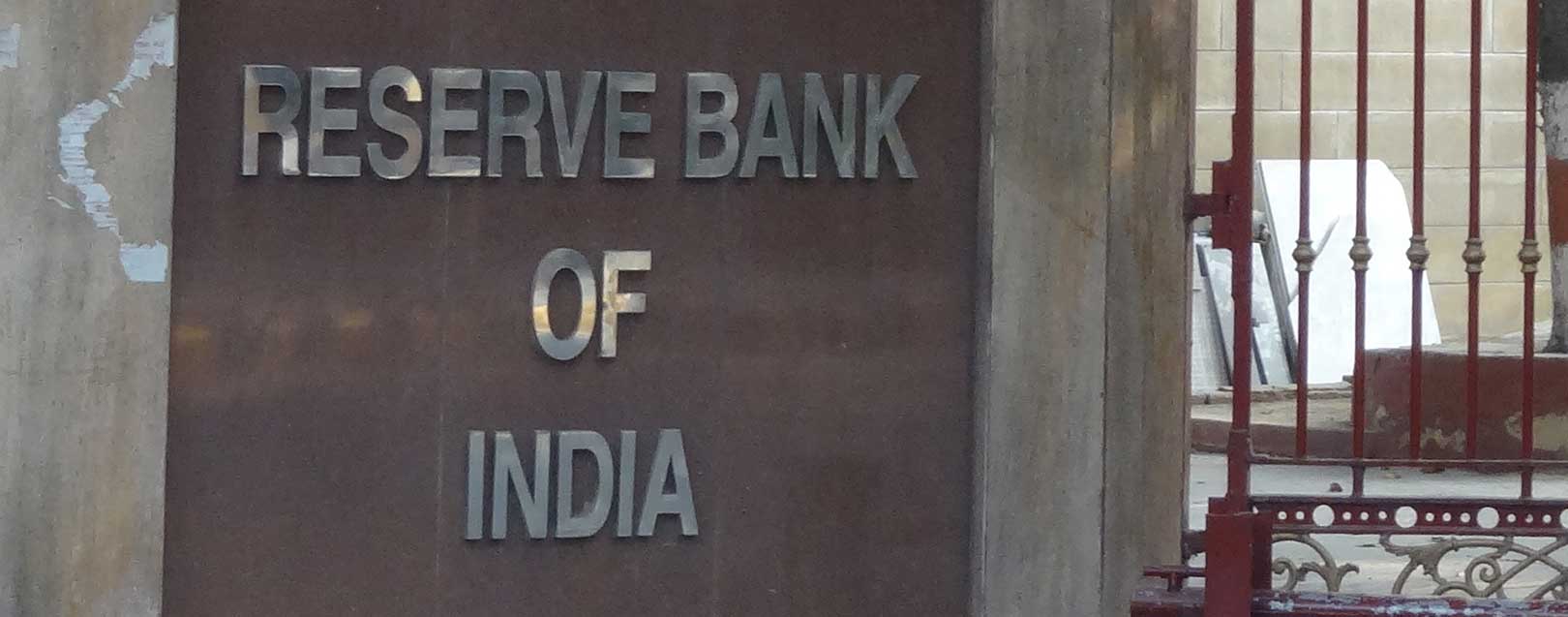
Q3 CAD grows to 1.4%, but halves in April-December
PTI
The current account deficit (CAD) increased to $7.9 billion, or 1.4 per cent of GDP, in the December quarter due to a fall in services exports, the Reserve Bank said on Thursday.
The CAD -- the difference between the value of imports of goods, services and investment incomes, and that of exports -- was $3.4 billion, or 0.6 per cent, in the September quarter and 1.4 per cent in the year-ago period.
During April to December, however, the deficit halved to 0.7 per cent, from 1.4 per cent a year ago. This was primarily because of fall in earnings from software, financial services and charges for intellectual property rights.
"Despite a slightly lower trade deficit on a year-on-year basis, CAD widened primarily on account of a decline in net invisibles receipts," the central bank said.
The net invisibles or services receipts moderated to $17.6 billion for the December quarter, from $18 billion a year earlier, it said.
There was a 3.8 per cent decline in private transfer receipts, which mainly represent remittances by Indians employed overseas, to $15.2 billion.
The net foreign direct investment of $9.8 billion during the reporting quarter was marginally lower than last year.
There was a net outflow of portfolio investment to the tune of $11.3 billion during the period in both equity and debt segments, as against a net inflow of $0.6 billion in the year-ago period.
On a cumulative basis, net FDI rose 12.3 per cent to $30.6 billion for April-December 2016.
Due to the FCNR(B) deposits redemptions, non-resident (NRI) deposits declined by $18.5 billion as against an inflow of $1.6 billion in the year-ago period.
The foreign exchange reserves declined by $1.2 billion on a balance of payments (BoP) basis as against an increase of $4.1 billion last year.
There was an accretion of $14.2 billion to the forex reserves for the nine months in question.
The CAD had increased to an all-time high of 4.8 per cent in 2013-14.






 to success.
to success.